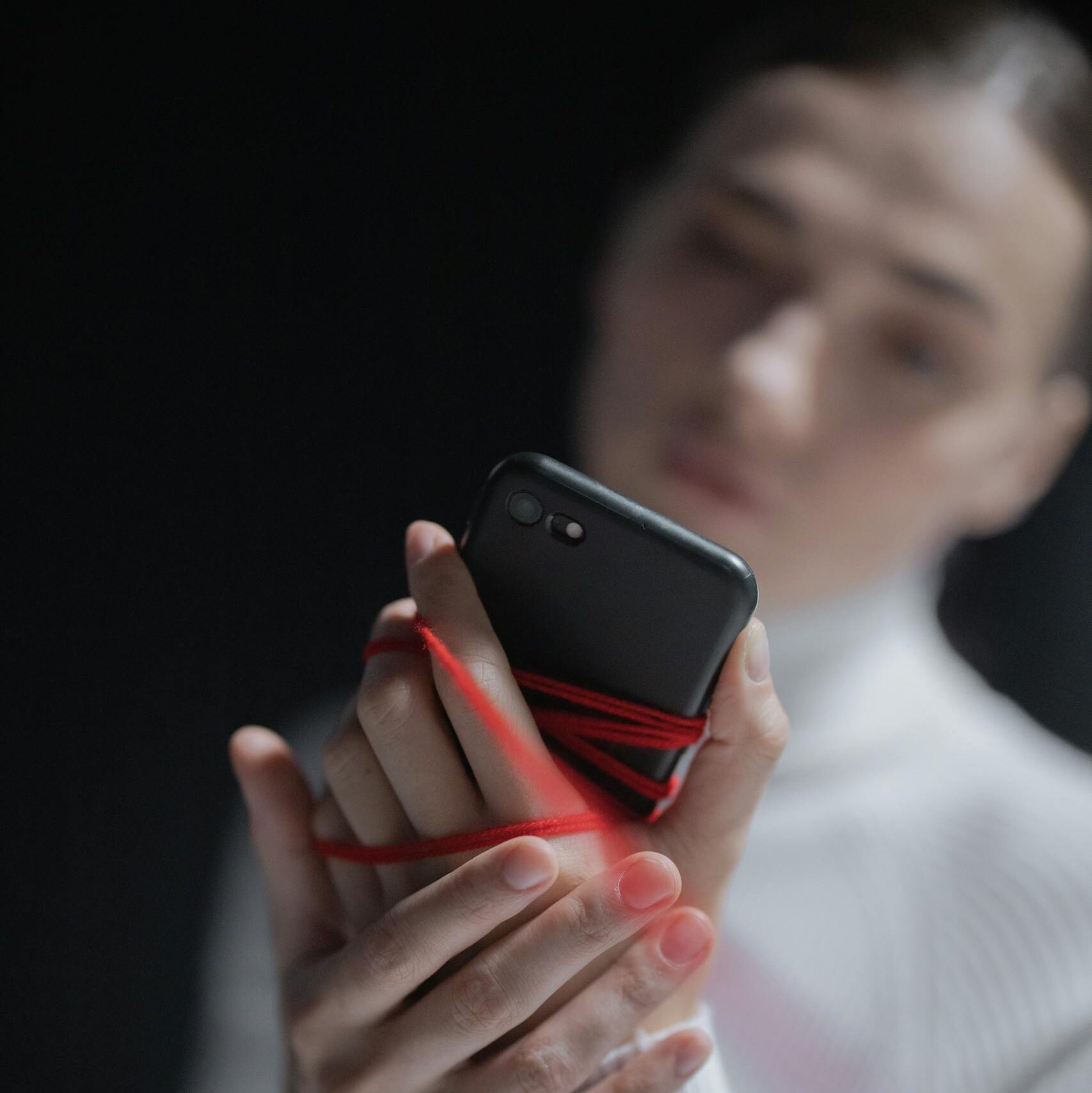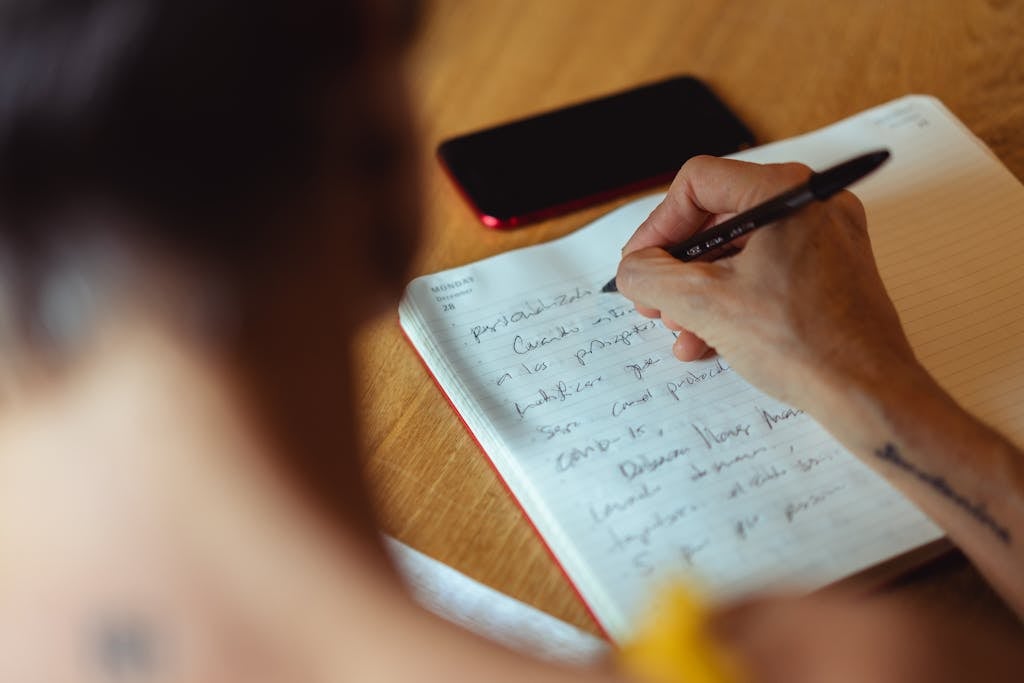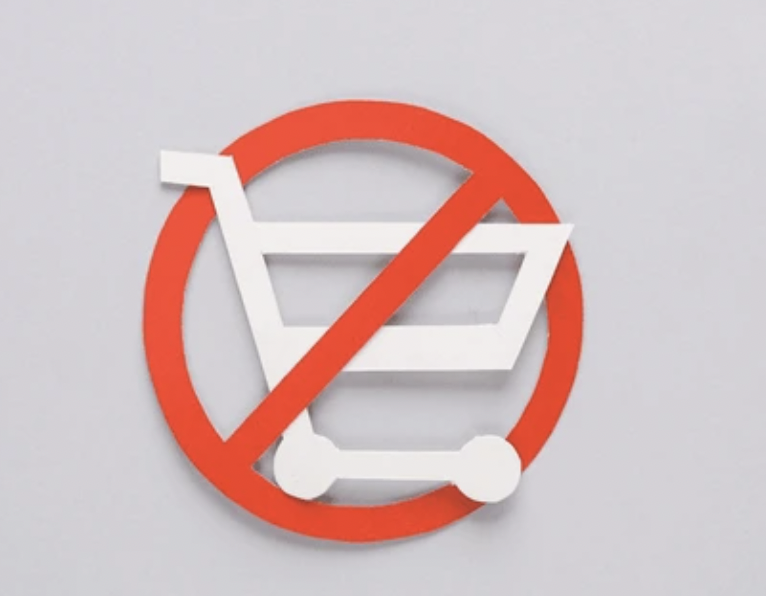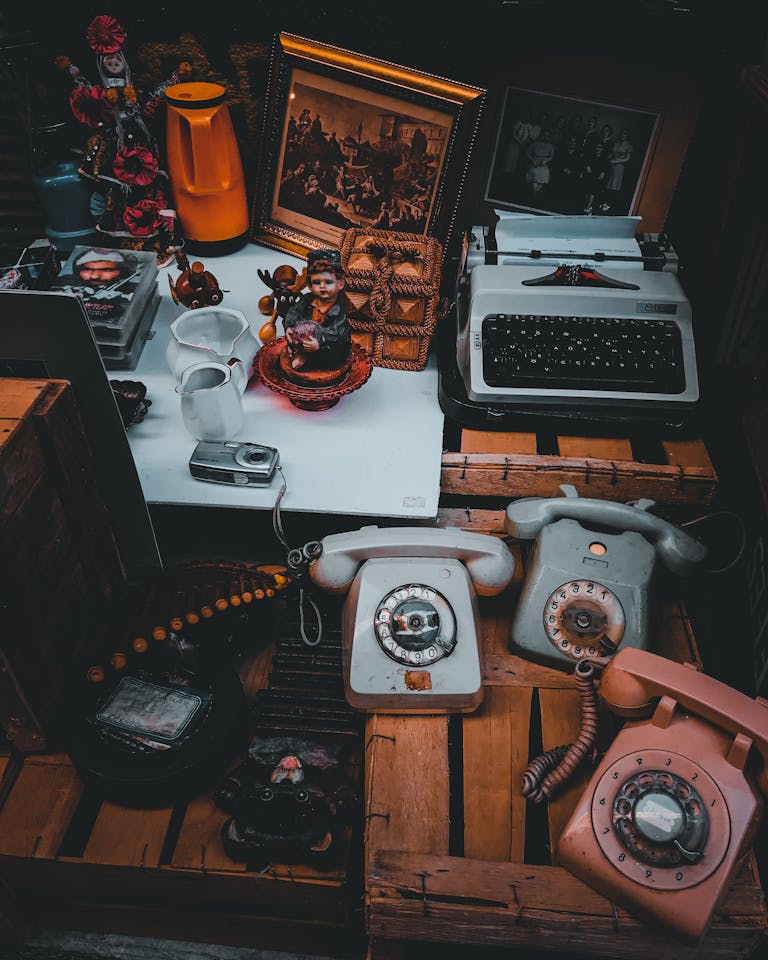Digital Detox: Why We’re Still Addicted
We’ve all been there.
Planning a digital detox because screens feel overwhelming but then somehow, the plan just doesn’t stick.
Even when we’re aware of the negative effects, unplugging still feels like giving up something essential.
Why is it so hard to disconnect when we know it’s good for us?
The Dopamine Dilemma

Our brains are wired for instant rewards.
Every notification, like, and message triggers a small dopamine hit, giving us a sense of accomplishment.
The problem? It’s fleeting, so we keep scrolling, hoping for the next hit.
The fear of missing out (FOMO) also plays a role.
What if we miss an important update? A new trend? A professional opportunity?
It’s not just addiction, it’s the anxiety of being out of the loop.
According to a study by The American Psychological Association, over 70% of adults report feeling overwhelmed by the number of notifications they receive daily.
Why Digital Detox Isn’t Just a Trend
With movements like JOMO (Joy of Missing Out) gaining traction, people are starting to see value in stepping back.
But it’s not always easy.
- Social media is designed to be addictive
- Work often requires constant connectivity
- Staying relevant feels tied to being visible
Even wellness content can create pressure:
- “How to do a perfect detox”
- “The best way to reset your mind”
- “Stay offline for a week to feel refreshed”
When even detoxing starts to feel like a competition, it’s no wonder we struggle.
Finding a Healthier Balance

A digital detox doesn’t have to be all or nothing.
Here are a few ways to approach it realistically:
- 📵 Tech-Free Zones: Set one room where phones aren’t allowed
- ⏰ Time Blocking: Dedicate 30 minutes of intentional screen use, then disconnect
- 🌿 Offline Mornings: Start the day without immediately checking notifications
- 🎯 Purposeful Scrolling: Set a reason before opening an app, if there’s no purpose, skip it
Digital detox is less about quitting screens entirely and more about taking control.
You don’t need to disappear online to find balance, you just need to create space for the offline world.
It’s more than breaking a habit, it’s about redefining your relationship with technology.
Staying connected doesn’t have to mean staying overwhelmed.
And choosing to be offline now and then doesn’t mean missing out, it means reclaiming your focus.





